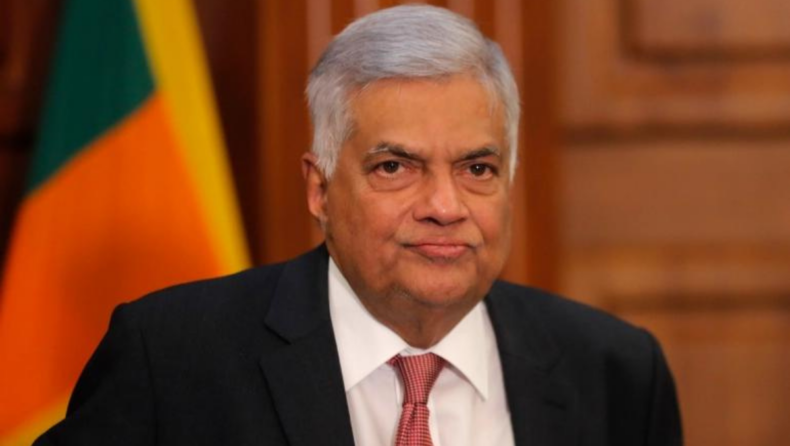Wickremesinghe strives to follow the constitutional process and establish law and order in the crisis-hit country by making his first two promises as acting president.
On Friday, July 15, Ranil Wickremesinghe was sworn in as Acting President in the wake of the Speaker of Parliament, Mahinda Yapa Abeywardena, accepting former President Gotabaya Rajapaksa’s resignation letter sent once he fled the country. Upon taking on his new position, the Acting President describes the current situation in Sri Lanka as “dangerous,” and that he would not “allow anything unconstitutional” to occur. This move serves as a precedent for the parliamentary process to elect a new leader due to start on Saturday, July 20.

Speaker Abeywardena declared that the voting will take place per provisions in the Constitution and the new President would be elected through Parliament as decided by the leaders of all political parties. Apart from Wickremesinghe, Opposition leader Sajith Premadasa, former Army chief Sarath Fonseka and former minister Dullas Alahapperuma are among the main contenders.
Wickremesinghe requested legislators to work towards a consensus to establish an all-party government to restore peace and remedy the problems of crippling fuel shortages and runaway prices of basic prices and the resulting months of anti-Rajapaksa protests.
Wickremesinghe makes his first two promises to the Sri Lankan constituency in his new position. Firstly, he strives to get rid of the honorific title, “His Excellency,” for the President and secondly, he calls for the abolishing of the official flag of the President citing the reason that the country only needs one national flag.
Along with his two promises, the Acting President’s remarked, “If law and order break down, it will affect our economy. Like fuel, our electricity and water supply, as well as our food supply, can be disrupted. We all need to understand this dangerous situation,” statements which seem to be aimed at the protestors in Colombo who have called for the entire government machinery to be replaced by a “People’s Council” comprising representatives of common citizens. In the pastfew days, Wickremesinghe, whose private residence was burned down during the protests, had referred to the protesters as “fascists”.
The protesters have accused former President Gotabaya Rajapaksa and his powerful political family of siphoning money from government coffers for years which resulted in the subsequent collapse of Sri Lanka’s economy. While the family has denied the corruption allegations, Rajapaksa has acknowledged the role some of his policies have played in Sri Lanka’s deterioration.
While the protesters celebrated Rajapaksa’s resignation by cooking and distributing milk rice, they insist that Wickremesinghe must step aside from the position as well. They demand Wickremesinghe’s support of Gotabaya and the Rajapaksa family and his help in their mismanagement of Sri Lanka’s economy, to be acknowledged.












